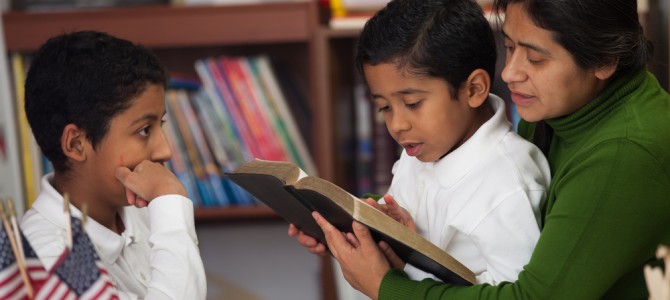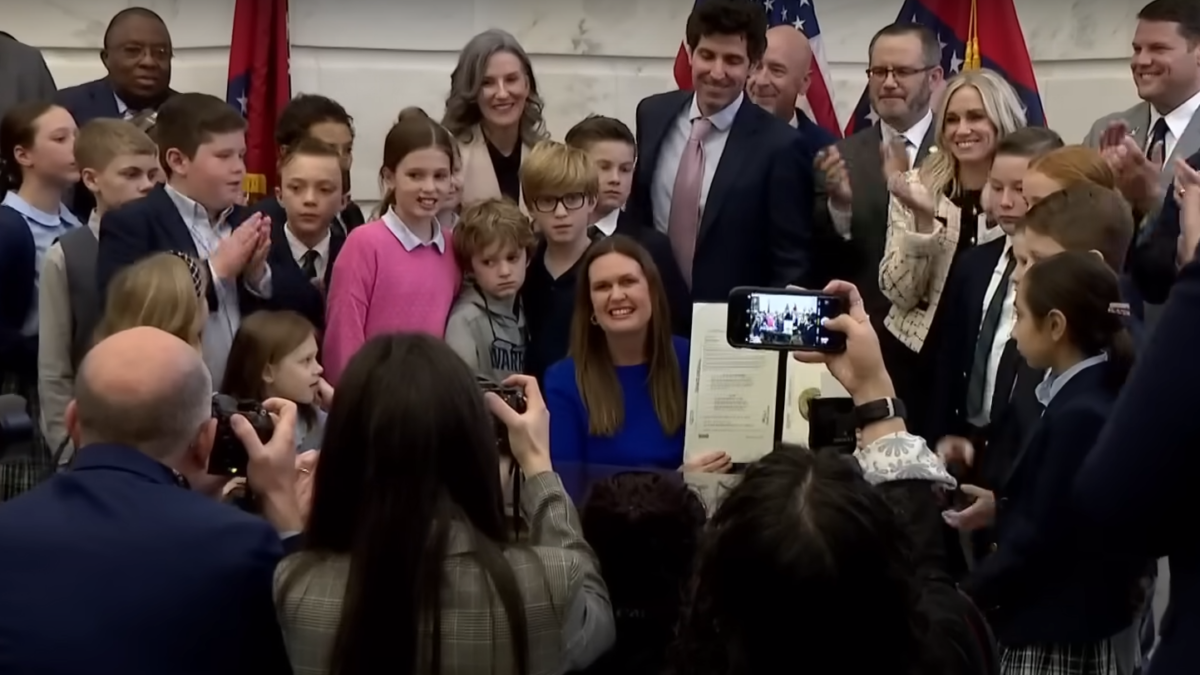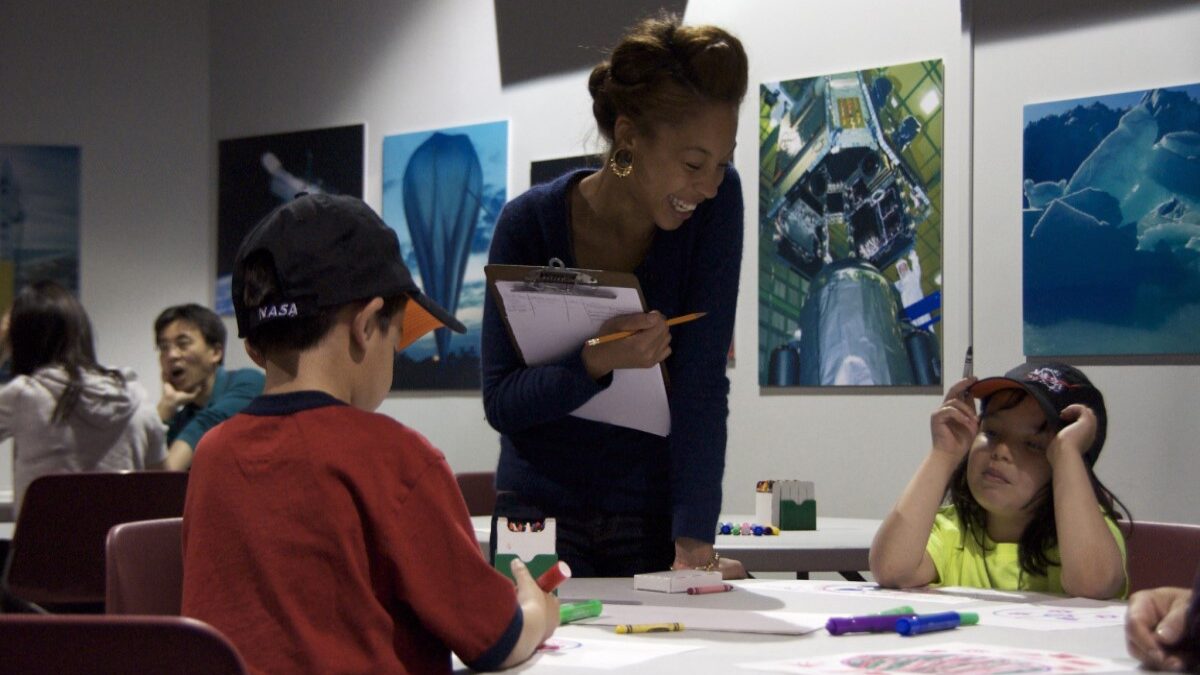
“But how can you be sure they are getting everything they need?”
It’s the question that as a homeschooling parent I have heard more often than any other, even more often that that old chestnut, “But what about socialization?” and it is typically asked by people whose children are in public or private school. In my snarkier moments, I am tempted to point out that it’s a funny question to hear from one who spends way fewer hours with her children each week than I spend with mine. Since I’m not a very snarky person, I usually smile instead and talk about how there are no guarantees but we have discovered that this approach works best for our family.
Lately, though, I have been tempted to add that, while I’m not sure whether my kids are getting “everything they need,” I am glad for all the things they’re not getting. They aren’t, for example, getting—
- Values-neutral sex education
- Access to implanted birth control without my knowledge or consent
- Historical revisionism and America-bashing
- Sexually explicit reading assignments
- Tests that make them cry
- Math that doesn’t make sense
- Increased risk of exposure to a possibly fatal virus
But back to that persistent “everything they need” question. The problem is the hidden assumptions, of which there are two gigantic ones. One is that it is possible to know precisely what, educationally speaking, every child needs. The second is that identifying and providing for those needs is something that requires special expertise. Both assumptions are fraught with problems.
School Never Covers Everything
First, on the subject of what people need to learn, most of us would probably acknowledge that our own academic journey wasn’t a perfectly straight and predictable line. Are you today doing exactly what as a child you had envisioned? Are you even working in the field in which you majored in college? Perhaps you are. If so, you’re in the minority.
Even if you are doing that for which you studied, I would wager that you aren’t actively utilizing the content of every course you have ever taken. I would also wager that a lot of the knowledge you are using today is knowledge that, out of necessity, you gleaned for yourself. If you are of a certain age, you probably didn’t know how to use the Internet when you graduated from college. I bet you know now.
Second, the assumption that others are better equipped than a child’s own parents to direct his education is also open to debate. Even among the “experts” there is little consensus about how and what schools should teach. Do children need to acquire content or do they need to learn “how to think”? Do they need to memorize facts or be taught merely where and how to find them? Is there a core body of knowledge that one should master in order to be deemed educated? If so, what should be in it?
The debate rages on, and every few years there is a sea change in the education industry that is best summarized thus: “We were doing it wrong before, but now we know The Right Way and as of today your children are on the road to certain academic success!” Phew, what a relief. My Mastery Learning pen was out of ink anyway.
No One Can Give Kids Everything They Need
In December of 2012, a man named Adam Lanza murdered 26 people, 20 of them children, at Sandy Hook Elementary School in Newtown, Connecticut. Lanza was 20 years old, with a history of mental problems, and his mother reportedly withdrew him from school and began homeschooling him during his sophomore year because of frustration with the district.
In March of 2015, the Sandy Hook Advisory Commission released its final report, which included recommendations for closer monitoring of homeschooled children, even though Lanza was not technically homeschooled but homebound. One wonders: if Lanza’s schools were not able to address his needs during the ten years he spent in them, why would we think they could have done more once he left school?
Obviously, Lanza did not get what he needed. But was it the responsibility of the schools to provide it to him? What is it, anyway, that children truly need? How about we start with the basics: a chance at life; enough food to eat; adequate clothing and shelter; a safe and loving two-parent home in which to grow up; and ongoing moral, emotional, and spiritual nourishment. These are things that schools can’t guarantee.
But neither, unfortunately, can parents. The sad truth is that we live in a messed-up world. Some parents don’t even try to provide the bare essentials. For the parents who do, threats to their children’s well-being lurk around every corner and sometimes within the child himself. The latest educational fad is not going to change that.
How can I be sure my children are getting everything they need? I can’t. But neither, I submit, can the experts. In its 2014-15 Resolutions, the National Education Association reaffirmed its antagonism for homeschooling: “The National Education Association believes that home schooling programs based on parental choice cannot provide the student with a comprehensive education experience” (B-83). Yet over a century’s worth of progressive education policy in this country has not produced the desired result. The system continues to struggle, and wonder, and blunder, and return to the drawing board to try again.
Hmm, sounds a lot like our home school.









